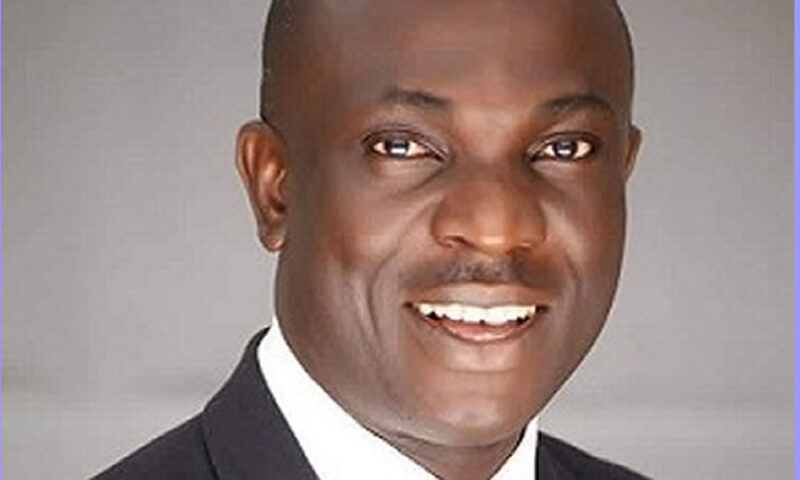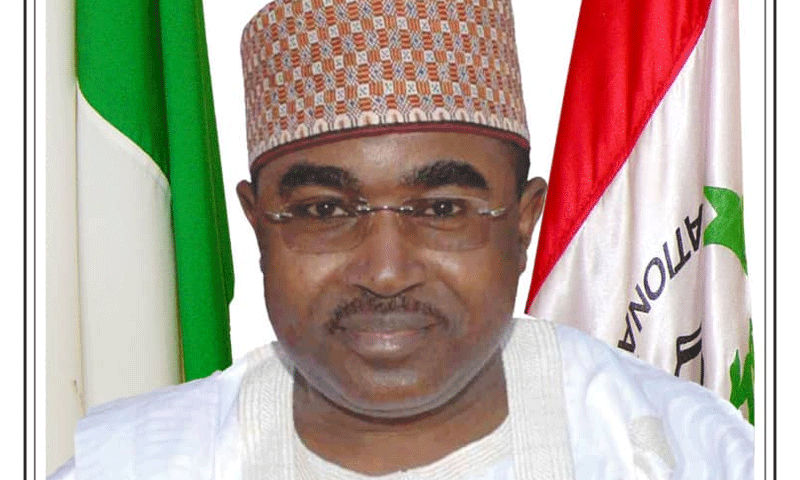Leadingvthe right thoughts on ways to revamp our secondary schools
By Tope Adaramola
Gone were those days when secondary education in Nigeria was a worthy experience. We had many things that engaged not only our brains but also our brawn. As young people whose greatest assets were their physical strength, the authorities developed the school curriculum to actively engage these potentials.
There was hardly any secondary school, especially the ones owned by government that were not located on an expansive landmass, giving room for effective recreation and all round activities by the students, whether day or border. There were sporting arenas for different games through which budding talents were horned from healthy competitions.
Therewere also geographical and botanical gardens that provided physical expression to what the students learn in class. Without having visited an airport or boarded an air plane, I already could describe different vegetation in several geographical zones in the world. I realized how great those gardens were when I had the privilege of travelling so many years after school only to physically sight some of the topographies that we were taught in class from the windows of the aero plane.
There were also voluntary societies where the students learned leadership, discipline and patriotism. It was out of sync for any student not to belong to either the Boys Scout, Man “O” War, Red Cross, Boys Brigade or Sheriff. These institutions or societies provided recreation and avenues for the young lass or lads to expend their abundant energies as well as redirect their minds to responsible conduct growing up. I must specially commend the boarding facilities that existed in schools those days.
Among other things they served as the platform for understanding mutual respect and love for those outside your personal confines or narrow territories. This writer was most privileged to attend a cosmopolitan school that had a huge mixture of tribes, from different parts of the country under the then national schools exchange programme. It was a baptism into nationalistic orientation. Being a Yoruba boy, I had to relate with my next bunk guy who perhaps was from Benue, of Idoma extraction, while the guy seating next to me in class hailed from Nnnewi, of Igbo nationality. The nuances of the different tribes were easily learned and we were orientated into seeing ourselves as Nigerians who must do away with our various parochial beliefs.
This affected my world view till today as I could hardly come to terms with anyone preaching noxious tribal or religious sentiments. Ofcourse, why would I forget the rich religious activities that were encouraged in schools. The fear of God was made paramount in the budding hearts of the young lads in school. You either belonged to the FCS (Fellowship of Christian Students) or the MSS (Muslim Students Society). Aside from the bond of unity and tolerance, the Societies enculturated the students into life of responsibility, civility and decent conduct.
No student wanted to stay out of these religious folds as they could easily be tagged “children of the devil” or what we called “Omo Esu” in Yoruba parlance.
To allow all these lessons learned from school to fester in our minds was an environment that was fairly conductive in the home front. The parents were quite responsible and had adapted to self-contentment, living within their means, rather than indulging in rat-race for wealth as we have nowadays.
It was a time when crying home that you were canned by a teacher would most assuredly earn you more punishments, with either of your parents or a guardian taking you back to school and requesting that you are thoroughly flogged before all your classmates. Assembly periods were often dreaded by students, especially the serial offenders. The School Principal was like a god that must be venerated. They determined when to discipline and what type of discipline to give depending on the gravity of offence committed by the student. You may be asked to uproot a stubborn tree on the school compound or wash all the toilets
. The gravest offence could attract expulsion or even dismissal and they were under only little strangle hold from the so called authorities as we have in some cases today. It is not a coincidence that many of those who go through those punishments are today priding themselves as today’s leaders, holding commanding positions in the society.
But years down the line, it is saddening when introspecting on how we missed the tangent so widely. How did we lose all those great values that made our schools great? Where is the discipline?
Whereare the “culturing pots” that cooked our own generation? Accepted some may say that was in the days of yore, or better put “old school” culture, yet we should ask whether it paid us better or not. Yes, some felt the environment was harsh, yet we fail to realise that it was that furnace of harshness that the greatness in our generation was fashioned. Many of us, now parents swank about saying we do not want our children to go through what we went through, yet we are where we are today, helplessly seeing our children veering off from the mooring of goodly conduct.
Just as the parents have become more and more irresponsible, obsessively pursuing daily bread at the expense of their “future” so also have the teachers become frustrated partly due to the non-cooperative attitude of parents, fueled by the mollifying of their powers and authority by government authorities who unfortunately are their employers. The centre seem not to hold anymore. Result of this is what we are seeing today. It calls for urgent attention that terrorist and cultists are being groomed in our secondary schools as we could see unfolding before our eyes, yet we seem unconcerned.
Many would have read in the news about how some rampaging students of two secondary schools in Abeokuta battered a superior Police Officer, bathing him with his own blood. News also captured how a student recently ambushed a teacher and shot him dead. Several maleficence that could make one twitch are happening all over the country, courtesy of secondary students on a daily basis.
Without being a pessimist, I beg to say that all these shenanigans are just a tip of the iceberg compared to what we would soon be experiencing. I feel that now is the time for a stakeholders meeting to be convoked by state governments and relevant authorities, in order to revive our secondary schools from the precipice and salvage our collective future.
Those stakeholders need not over belabor themselves. Let them take a look at those traits which I earlier highlighted that made our schools thick and see a way of reinventing them. With that starting point, I think it would be seen that we are serious as a people and government to return sanity to our schools. Surely, this madness has to stop!
Tope Adaramola
is a PR practitioner and public commentator






